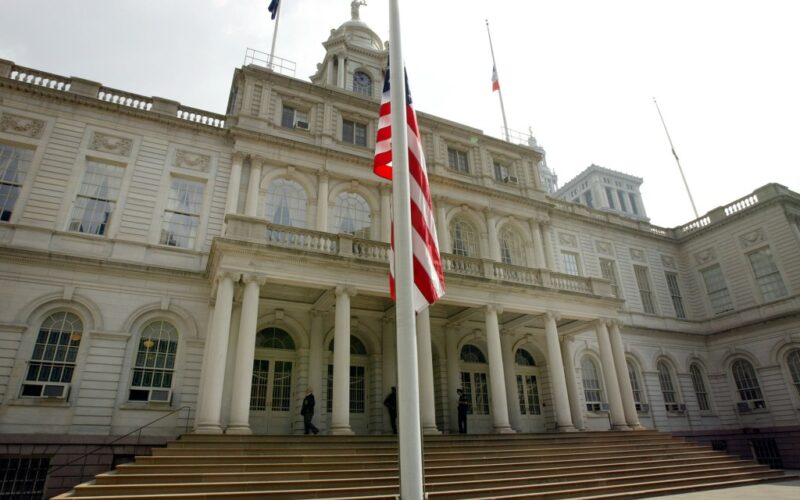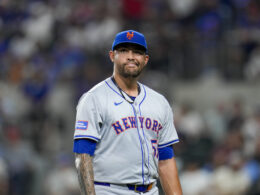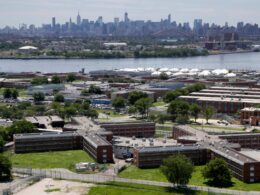Comes word that Mayor Adams’ Charter Revision Commission isn’t only looking at ways to produce more housing — but at improvements to the way the city’s leaders are chosen. This is very good news, because even after relatively recent changes, elections in New York still make a mockery out of small-d democracy.
City & State reports that the group chosen by the mayor to recommend to voters changes to the city’s foundational legal document is now “seriously considering election reforms” in its ambit, “including moving city elections to even-numbered years and implementing an ‘open primary’ system, according to several people with insight on commission discussions.”
Both repairs are long overdue.
It was just six years ago that New York City approved ranked choice voting for the first time, and four years ago that it used it in its first mayoral election. It’s better than the first-past-the-post system whereby one person could win with a mere 40% of the primary vote — and less than that would trigger a one-on-one runoff of the top two finishers.
Under RCV as it now works, voters can put candidates first, second, third and so on rather than picking just one candidate. That doesn’t make support for a candidate zero sum; it also means that a voter could express support for a candidate who may not have a realistic chance of victory without throwing his or her ballot away.
The problem is that, in service of the political parties, ranked-choice is only operative in primaries, which remain closed. That means some slice of the city’s 3,081,389 active Democratic Party members who come out to vote in the mayoral primary — it was 26.5% in 2021, a relatively high number — choose the top Democratic contender for mayor, who then faces off in November against a Republican and any independent who might happen to get on the ballot.
In a city where Democrats are two-thirds of registered voters, that makes the general election a foregone conclusion.
Which means the city’s 523,000 Republicans and its more than a million unaffiliated, or independent, voters, have no meaningful role to play in the election of a mayor.
Far better — far fairer to voters and candidates alike — to let all candidates vie against one another in a nonpartisan, ranked-choice primary, then let the top few, no matter what party they represent, compete in a ranked-choice general election.
Moving New York City mayoral (and City Council) elections to even years also makes a lot of sense. As is, New Yorkers wind up going to the polls almost every year. Last year was the presidential contest. This year, for example, is a mayoral election year. Next year, a gubernatorial and midterm congressional election year.
We like elections — but when voters are asked to go to the polls too many times, there’s understandable fatigue. Only the most informed and engaged voters are going to show up. That’s a recipe for rule by the activist class, including highly engaged public-sector union voters, not for engagement by a broad base of New Yorkers.
Adams’ Charter Revision Commission should propose bold ways to make it easier to build and preserve housing in New York. But nearly as important as giving people places to live is giving them a meaningful voice in their government. Improve the elections, and do it soon.








